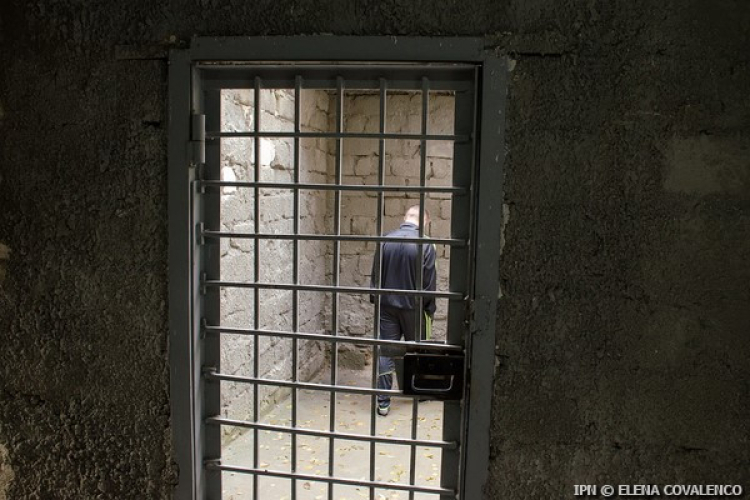
The European Court of Human Rights (RCHR) ascertained faults in psychiatric care in the penitentiary system. It passed its judgment in the case of Nitu v. the Republic of Moldova, finding a violation of Article 3 of the European Convention on Human Rights regarding the inhuman and degrading treatment of the applicant, IPN reports, with reference to a press release of the Promo-LEX Association.
According to the quoted source, the application concerns the alleged insufficiency of medical assistance to treat the applicant’s mental health problems, resulting in damage to himself and frequent application of force against him. The applicant was serving his sentence in various prisons in the Republic of Moldova. Upon his admission to prison no. 13 in Chișinău in September 2012 he was diagnosed with an unstable psycho-emotional state and organic personality disorder, of an impulsive type, emotionally inhibited, low tolerance to frustration, as well as manipulatory behavior.
During 2012-2016 the applicant was seen by a prison psychiatrist only occasionally and didn’t receive appropriate psychological and psychiatric treatment.
The applicant was often aggressive towards other detainees and the prison guards, insulting them and threatening them with violence and death. In such cases the prison guards had to intervene in order to calm him down. In the evening of 26 August 2014 he was woken up, his hands were twisted behind his back, he was handcuffed and beaten. Thereafter he was isolated in a disciplinary cell. A forensic expert report of 28 August 2014 found several minor bruises on his face, rear thorax, and first toe of his left foot.
The Court held that there is nothing in the file to confirm that a systemic approach had been taken in order to offer the applicant specialized psychological and psychiatric treatment aimed at gradually reducing his aggressiveness and at protecting him from the negative effects of his own actions on his mental and physical health. The events of 26 August 2014 illustrate well the results of this approach: assuming that the applicant was aggressive on that day, it is apparent that the prison staff's response was to apply force and isolate him, causing him minor injuries in the process.
The Court recalled that, in the case of mentally ill prisoners, it has held that the assessment of whether particular conditions of detention are incompatible with the standards of Article 3 has to take into consideration the vulnerability of those persons and, in some cases, their inability to complain coherently or at all about how they are being affected by any particular treatment.
The Court awarded the applicant €5,000 in respect of non-pecuniary damage and €1,500 covering costs before the Court, plus any tax that may be chargeable to the applicant.
According to the lawyer of the Promo-LEX Association Vadim Vieru, the decision emphasizes the importance of ensuring appropriate medical treatment for detainees with mental health problems and respect for human rights in the penitentiary system. In his opinion, the Republic of Moldova is obliged to take measures to improve detention conditions and ensure compliance with international standards for the treatment of prisoners.












